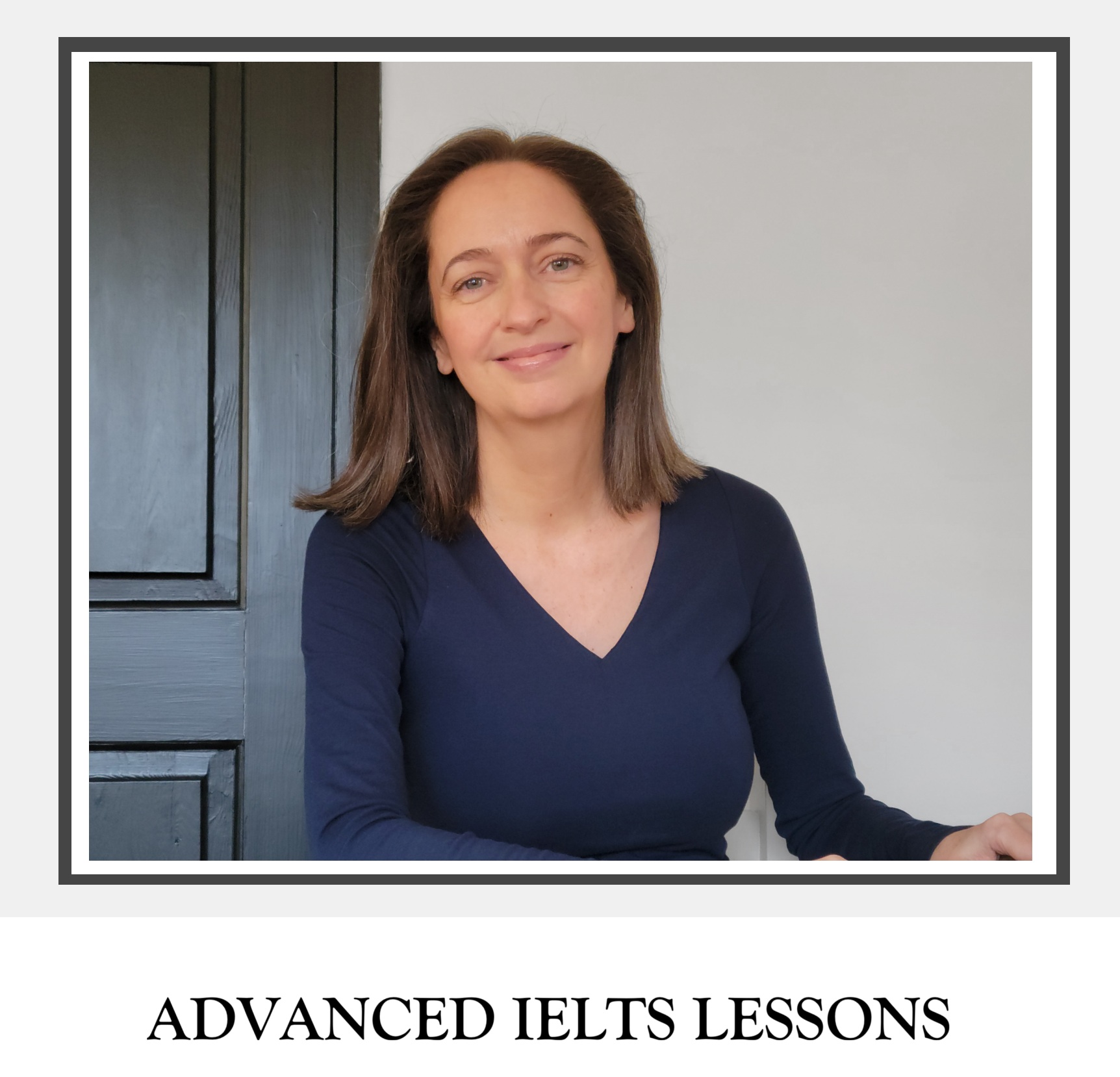Below is a list of questions for newspaper that you can get in IELTS Speaking. There is a sample of questions for each part of the test. Two model answers are given at the bottom of the page.
Newspapers: Part 1 Questions
- How do you usually get your news?
- How often do you read the newspaper?
- What type of news do you prefer to read?
- Do most people in your country follow the news?
- How do most people in your country access the news?
- Do you pay much attention to headlines?
- Do you think it is important to follow the news?
Newspapers: Part 2 Cue Card
Describe an article in a newspaper you have recent read.
You should say:
- when you read it
- where you read it
- what it was about
- and explain what you found interesting about it.
Newspapers: Part 3 Questions
- What’s the difference between a newspaper and a magazine?
- Why do you think some people only skim read a newspaper?
- Do you think headlines are important?
- Which is more important – domestic or international news?
- How have newspapers changed over the last few decades in your country?
- Do you think everything we read in newspapers is true?
- Do you think the government has the right to censor the press?
Model Answers
- How do you usually get the news?
- Well, it depends on my day. If I have time I buy a newspaper and read through most of the pages and articles but if I’m short of time, I just go online and take a quick look at the main headlines.
- What is the difference between a newspaper and a magazine?
- Well, that’s an interesting question. I suppose one of the main differences is in the publication. What I mean is a newspaper is generally published daily whereas a magazine is published either weekly, monthly or quarterly. So, a newspaper is published more often than a magazine. Another big difference is in the content. A newspaper usually contains a range of subject matter from sports news to weather while a magazine is aimed at a specific target group such as readers who are interested in farming or something like that.
Recommended








